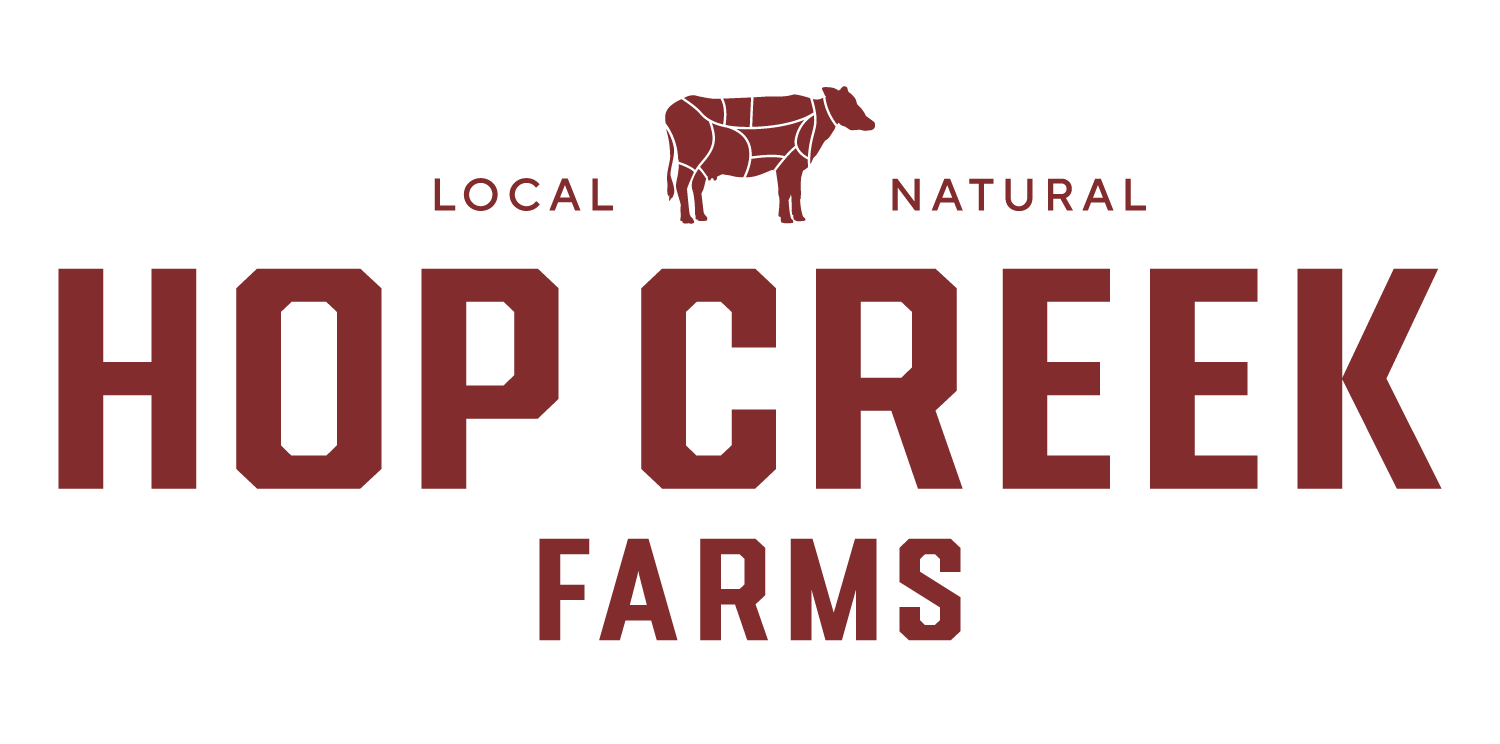Delicious Reverse Sear Method for Grass-fed Steak
April 25, 2024 • 0 comments

- Prep Time:
- Cook Time:
- Servings: 2
Ingredients
- (2) Beef Sirloin Steak
- (to taste) Salt
- (to taste) Black Pepper
- (2-4 tbs) Cooking oil (Olive or Avocado)
- (to taste) Garlic powder
- (to taste) Onion Powder
- (to taste) Paprika
- (to taste) Thyme
- (to taste) Thyme
- (1 Sprig) Rosemary
Directions
- Begin by setting your oven's temperature to 200°F (95°C).
- Clean the steak under cold water, then dry it thoroughly using paper towels.
- Liberally apply salt to all sides of the steak. Feel free to sprinkle black pepper or additional spices of your choice for extra flavour.
- Place the steak on a wire rack set over a baking sheet. This setup ensures even cooking and air circulation.
- Cook in the preheated oven for approximately 35 to 45 minutes. Aim for an internal temperature that suits your preference. Suggested temperatures are rare (120°F to 125°F) or medium rare (130°F to 135°F). Remember to remove the steak from the oven when it's 10°F below your targeted final temperature to account for the additional heat from searing.
- Adjust cooking time as necessary if you prefer your steak more on the rare or well-done side. Keep the oven temperature constant.
- In a skillet, heat a bit of butter or tallow over a high flame until it's sizzling ready.
- Place the steak in the hot skillet, searing it for exactly one minute on the first side. Afterward, flip it to sear the other side to create a deliciously caramelized crust.
Benefits of Reverse Searing Your Steak
The reverse sear method boasts several benefits that elevate the cooking and dining experience, especially for steak aficionados. Firstly, it allows for unparalleled control over the doneness of the steak, ensuring that the inside reaches the exact desired temperature without overcooking.
This precision is particularly valuable for thicker cuts of meat that might otherwise be challenging to cook evenly through traditional searing methods. Secondly, by slowly heating the steak, the reverse sear technique promotes a more uniform cooking process, which minimizes the risk of those overcooked edges often encountered with high-heat searing first.
Furthermore, finishing the steak with a high-heat sear not only develops a deeply flavorful and crisp crust but also locks in the meat's juices, resulting in a steak that's remarkably tender and juicy from edge to edge.
This reverse sear method rewards with a steak that stands out in both flavour and texture, making it a preferred technique for those seeking a wonderfully cooked and delicious steak.
Note:
The spices and oil are optional, and you can choose to use your preferred spices or none at all. The recipe recommends using the following internal temperature for cooking:
- Rare: 120°F to 125°F
- Medium-rare: 130°F to 135°F
- Medium: 140°F to 145°F
- Medium-well: 150°F to 155°F
- Well-done: 160°F
Make sure to adjust the cooking time based on the thickness of the steak and the desired level of doneness.
Original recipe by White Oaks Pastures







